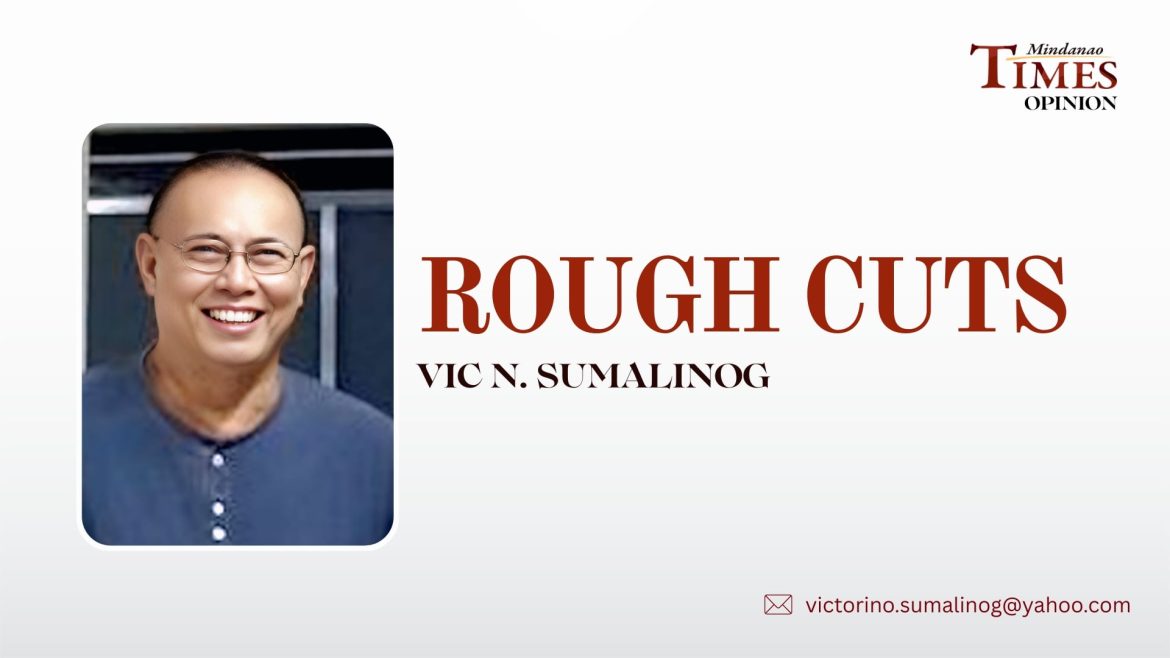LAST June 30, the term of the members of the 21st Davao City Council, which is composed of a number of neophyte councilors, started.
In the previous councils, the people of the city usually watched how quickly any new councilor introduced in the local legislative body meaningful legislation that would have a very positive impact on the city government and the residents..
Today, we believe, many will be keenly waiting when the neophyte council members join the ranks of their seniors in the local legislative body. That is, that they become more passive observers of the session proceedings rather than active participants in the discussion and scrutiny of issues affecting the city and its people.
There is the possibility that the newbies would be active only in raising their hands supporting proposed ordinances by their senior peers or raising their hands as co-sponsors without even bothering to see their fellow councilors in the session hall, or the audience witnessing the conduct of the Council proceedings.
We have personally witnessed and observed this behavior by some council members in the past when we were more frequent in our coverage of the sessions of the local lawmaking body.
We can only hope that the new members will be able to give justice to their election by the Davao City electorate. And they can only do this if they thoroughly study the history of the city council and do a review of existing ordinances so they will know what more needs to be proposed as new or amended measures, given the current political and socio-economic situation of the city.
Also, we believe that it will not hurt their pockets or even diminish their work hours if the new councilors will reach out to the different communities as well as business, labor, education and civil society organizations to get a feel or glimpse to their concept of governing a fast growing metropolis that is Davao City.
If the new council members, or even those who are there for long, will miss these venues for sharing ideas and observations on the potentials, strengths and weaknesses of the city, then surely they will miss the opportunity to discover what needs to be legislated and what existing ordinances are already moot and academic thus requiring amendments to make these attuned to the present times.
****************************
This early in the House of Representatives, two Party-list lawmakers have introduced two controversial but well-meaning bills that have long been expected to be considered by the plenary for deliberation. One of the two bills is the Anti-Political Dynasty Bill proposed by the Kabataan Party-list and ACT Teachers Party-list representatives.
The ban on political dynasties in Philippine politics is very well enshrined in the 1987 Constitution. Unfortunately, there is no way it can be implemented in the absence of an enabling legislation emanating from Congress.
While there were many previous attempts to introduce a bill on the said provision of the constitution, not one succeeded even in just getting through a committee-level debate in the House and in the Senate as well.
It is understandable because the composition of the two chambers of Congress includes members of existing political dynasties that dominate almost all areas or regions of the country.
The dismantling of political dynasties was even a major campaign commitment of a former President. And it was believed to have helped him navigate to the Presidency with apparent ease.
Well, what happens now clearly tells the people why the introduction of the anti-political dynasty bill was never strongly pursued in Congress during that President’s incumbency.
And going back to the newly introduced Anti-Political Dynasty Bill by the Honorable Gentlemen from the Kabataan Youth, and ACT Teachers Partylists, we doubt if it will ever be calendared for inclusion at the Committee level discussion.
Our take? The bill proposed will still be a hopeless proposition.
-30-

